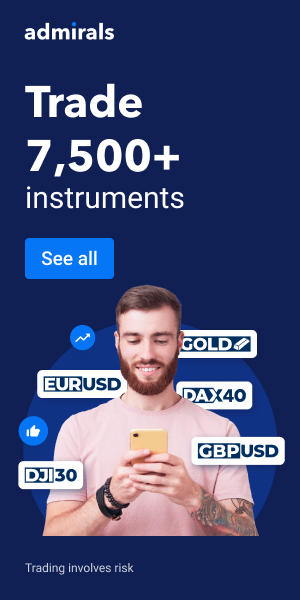Glossary
Example:
A trader has decided to diversify his investment portfolio by investing in various securities available on the stock market in order to achieve long-term capital growth.Example:
An investor would consider the shares of a particular company by analysing financial statements and prospects before deciding to buy those shares on the stock market.Example:
Fearing possible losses, the trader places a stop loss on his open position, setting a predetermined price level, when reached, the transaction will automatically close to minimise losses.Example:
A trader places a stop-loss order for his open position in the stock market, setting a price level at which the trade will automatically close to minimize losses in case of adverse price movement.Example:
A trader has set a Sell Stop Order to protect his position from potential losses in the event of unfavourable market movement, having previously determined the price level at which the position should be automatically closed.Risk Warning
Before embarking on Forex trading, it is essential to thoroughly evaluate your investment objectives, level of experience, and risk tolerance. Never allocate funds that you cannot afford to lose.
Off-exchange foreign exchange transactions carry significant risks, encompassing leverage, credit risk, limited regulatory protections, and market volatility. These factors can significantly influence currency prices and liquidity.
Furthermore, the leverage inherent in forex trading means that market fluctuations can result in substantial gains or losses relative to your initial investment. If market conditions go against you, you may risk losing your entire initial margin and be required to inject additional funds to maintain your position. Failure to meet margin requirements may lead to position liquidation and subsequent losses for which you bear responsibility
Before embarking on Forex trading, it is essential to thoroughly evaluate your investment objectives, level of experience, and risk tolerance. Never allocate funds that you cannot afford to lose.
Off-exchange foreign exchange transactions carry significant risks, encompassing leverage, credit risk, limited regulatory protections, and market volatility. These factors can significantly influence currency prices and liquidity.
Furthermore, the leverage inherent in forex trading means that market fluctuations can result in substantial gains or losses relative to your initial investment. If market conditions go against you, you may risk losing your entire initial margin and be required to inject additional funds to maintain your position. Failure to meet margin requirements may lead to position liquidation and subsequent losses for which you bear responsibility
Thank you for your request!
We will contact you shortly.








